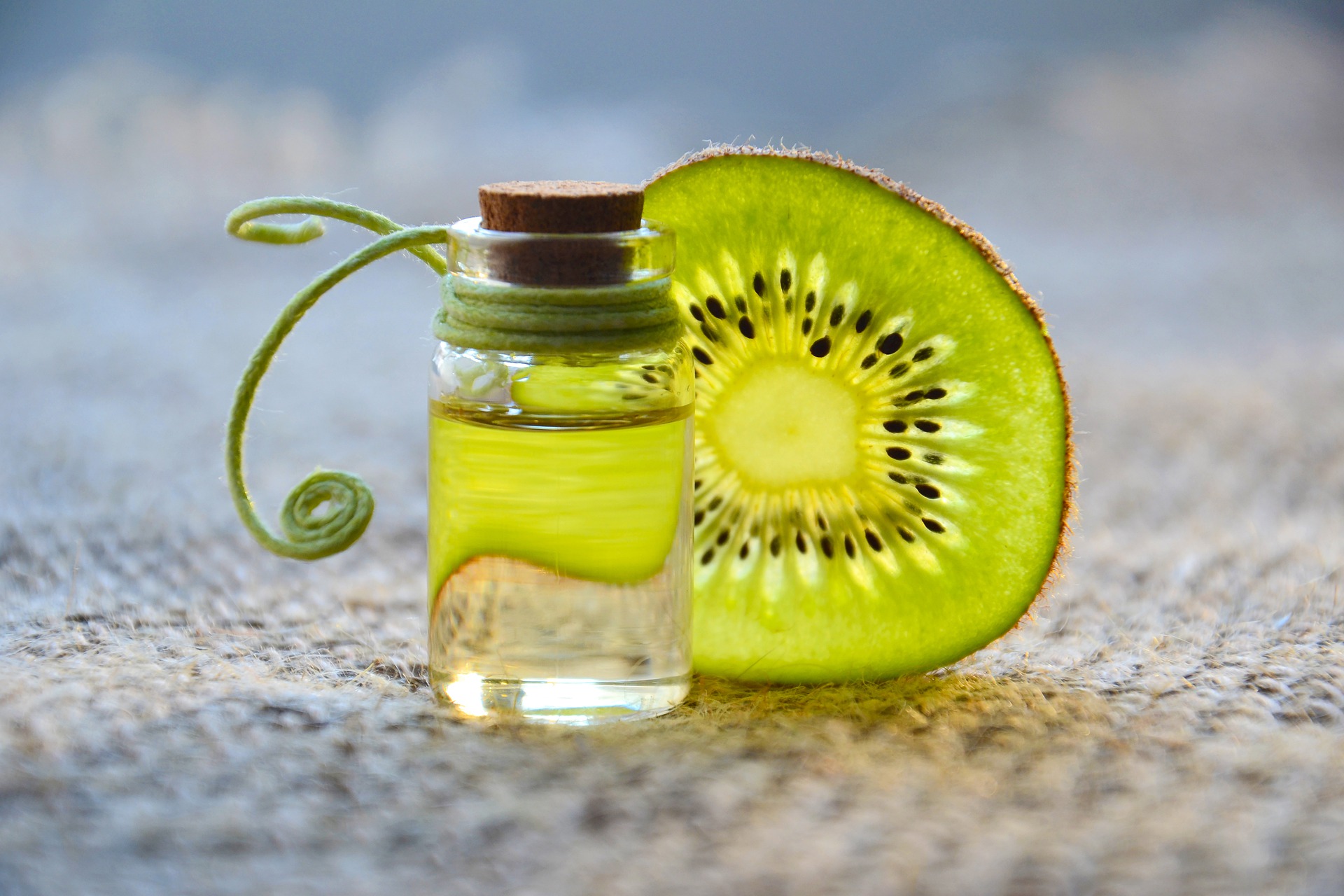There is an increasing number of consumers who are looking for more natural products across all industries, from food to beauty products. The latter fall under the jurisdiction of the Federal Trade Commission (FTC) who regulate the fair practices of businesses, including any false or deceptive advertising claims. The beauty industry is rife with claims of magical lotions and potions, and many claim to be “all-natural” or “organic”. With consumer demand for cleaner products on the rise, the FTC is taking on more of these claims with product liability action to determine how truthful they are.
The FTC does not have a codified definition for “organic”, but it can investigate claims of organic production based upon standards of other US agencies.
Case Study: Truly Organic, Inc. was cited for advertising their products were USDA certified organic, when in fact their products did not meet those standards. The company was also accused of altering USDA organic certification documents and falsified Material Safety Data Sheets which were supplied to third party marketing organizations.
How Beauty Products are Certified Organic
The USDA regulates the term “organic” through its National Organic Program (NOP).
The NOP regulations permit cosmetic, hygiene or personal care products to be labeled “certified organic” if they either contain, or are made up wholly of, agricultural ingredients. Once certified, the products may use the terms “100% organic,” “organic” and “made with organic ingredients” on their packaging and labeling, and in their advertising. Other points of interest for the current product liability/FTC efforts:
- In order to use the term organic or display the USDA Organic Seal, products should consist of no less than 70 percent organic ingredients.
- Products may list specific, USDA-certified ingredients on the ingredients statement even if the total amount of organic ingredients does not equal 70%. Therefore if a product is less than 70% organic, it can still state that it uses “organically produced coconut oil”.
- To be eligible for the “100 percent organic” label, the product must contain only organically produced ingredients.
- To be eligible for the “organic” label, products must contain at least 95 percent organically produced ingredients.
- To be eligible for the “made with organic ingredients” label, products must contain at least 70 percent organic ingredients.The FTC report claimed that the personal care products marketed by Truly Organic did not meet the necessary organic content requirements for the labels it was utilizing for advertising. Truly Organic paid a $1.76 million settlement as a result of the FTC’s allegations. However, experts agree that this is likely a much higher penalty than similar offenses are likely to generate. Remember, the company altered USDA organic certification documents and supplied them to business partners, and a statement by FTC Commissioner Rohit Chopra intimated that the FTC was reacting more to the fraud aspect of the case. Chopra further championed the FTC to craft and release a policy statement that makes a more severe approach the letter of the law.
This latest action proves that as the FTC cracks down on fraud and dishonesty in the advertising and labeling, companies should stay alert to the changes and penalties, and react accordingly.
Have you been harmed by a product which was fraudulently marketed? Don’t let a dishonest company get away with their illegal activities. Call Probinsky & Cole for a free consultation and to take product liability action. We can help you to determine if you have a case.








